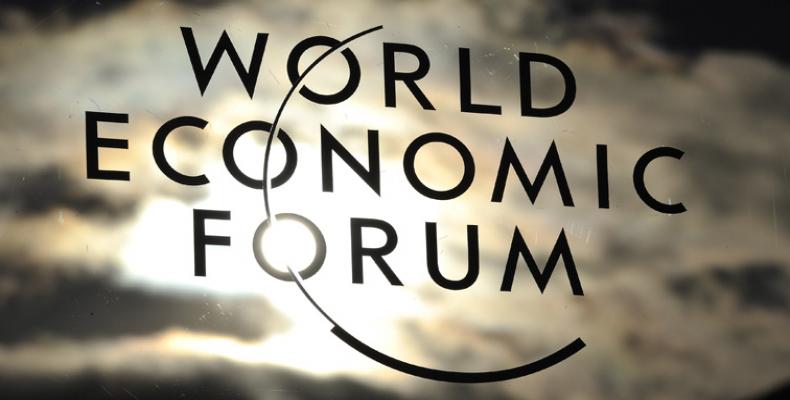
The global economic downturn caused by the COVID-19 pandemic has reached such proportions that -- for the first time since World War II -- the global public debt at the end of 2020 was the equivalent to the 98% of the Gross Domestic Product, GDP. That means that for every dollar earned in the world, 98 cents are owed and only two cents are left to meet all daily needs. Seems absurd... but true.
This information was disclosed by the International Monetary Fund, the IMF, during the Davos Forum. The meeting brings together business leaders, international political leaders, economists, celebrities and journalists to discuss global issues.
This year, the Davos meeting is being held virtually due to the health crisis and will be addressing the consequences of the COVID-19 pandemic and set the course for global recovery, although its control and solution are still a long, long way away.
This is actually very alarming news, yet not surprising, as credit plays an essential role in the nature of the capitalist system. Through diverse mechanisms, including advertising, each individual is turned into an insatiable consumer machine.
In fact, the saying that reads: "No one can spend more than they have" is now a thing of the past. Individuals and families are compelled to buy more and more, so that all their future income, and most likely that of their children, is already owed to the system.
But it is also depends on each nation. The United States, for instance, owed 129% of its GDP by the end of 2020, and it still is the world's leading economic power. By the way, the mishandling of the pandemic by the former administration of Donald Trump, caused a 3.5% fall in this nation’s GDP, an unprecedented number since 1946. This figure includes the collapse of the labor market and a growing number of people living in poverty.
The contradiction, however, is that the wealthiest people increased their fortunes at the same time that many others lost almost everything they had, which is to say that it widened the gap between the wealthy and less privileged.
If this is currently happening in the happens most developed countries, then, what are the poorest nations actually facing? The main concern should be how long will this tension last before the rope finally breaks? We'll soon find out.

